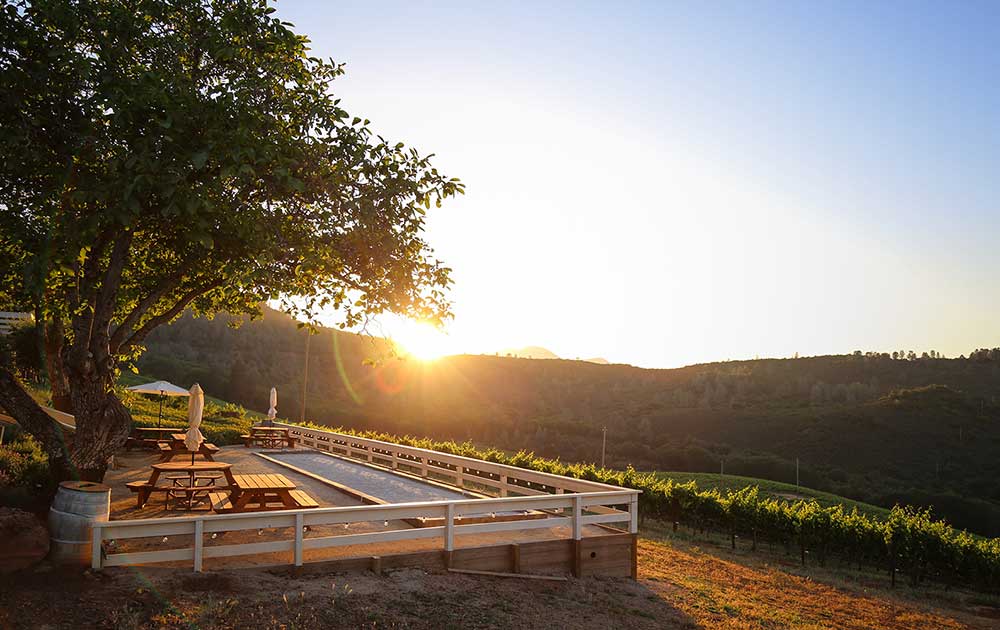
The John Muir Letters
July 29, 2016
The time John Muir had a pen pal in Lakeport
It is well known that naturalist John Muir, the author and activist who founded the Sierra Club, wrote a wide range of letters and books that ultimately led to the establishment of the United States national park system. It is not as well known that Muir kept an obscure pen pal in Lakeport, California—the small-town county seat of Lake County on the western shores of Clear Lake.
Muir’s famous letters were written to U.S. presidents and members of Congress, and his many books and articles inspired millions of Americans to support the protection of Yosemite National Park, Sequoia National Park and the Sierra Nevada mountains. But the world-renowned Muir still took the time to keep a 12-year correspondence with a completely unknown small-town woman he never met, Mary J. Arnold of Lakeport. Muir sent her books and handwritten letters, even during the time he was working personally with President Teddy Roosevelt to establish national forests.
Arnold’s secret to getting Muir to write back? She sent him letters. A lot of letters.
The correspondence kicked off in March 1902, when Muir’s book Our National Parks had already established him as the nation’s most prominent conservationist. Arnold sent him a rather random item of fan mail, a letter beginning with the salutation, “Dear Sir; Mr. Galen Clark of Yo Semite, who is an old friend of mine, favored me with your address…”
You can read her entire five-page letter online thanks to the Online Archive of California, and her reason for writing is a curious one.
Every boy from five years old up, carries a slingshot and fires at every bird he sees, not only that, but they go out in groups for the same purpose and none are exempt from their merciless hands.
She goes on for several pages decrying the boys’ cruelty, their mothers’ negligence and outrage that some students were being instructed to hunt birds for science projects. She implored Muir to write on the topic.
Muir did actually respond, though his response cannot be found in historical archives. But Arnold’s response back, dated three weeks later and found online at the University of the Pacific Holt-Atherton Special Collections, begins with, “Your letter and the magazine were a pleasant surprise to me last night. It is evidence of your true nobility of soul, to so kindly recognize a stranger.”
 And Muir did keep writing back. His letters were brief and more like postcards, but he would send copies of books, magazines and sketches, things that famous people don’t bother sending to their fans anymore. They corresponded for years, mostly well-wishes about ailing family members. Arnold would recommend topics for Muir to write about and send Muir the preserved petals of Lakeport’s famous wild flowers.
And Muir did keep writing back. His letters were brief and more like postcards, but he would send copies of books, magazines and sketches, things that famous people don’t bother sending to their fans anymore. They corresponded for years, mostly well-wishes about ailing family members. Arnold would recommend topics for Muir to write about and send Muir the preserved petals of Lakeport’s famous wild flowers.
“I thank you for the kind letters and the beautiful flowers,” Muir wrote her in 1906. “I have not written a word for the press lately.”
But he wrote more words to Arnold in Lakeport, including a moving 1908 note upon the death of her brother and a fascinating typed note from 1909 detailing his own daughter’s battle with typhoid fever. But in the years following his activism over attempts to reduce the size of Yosemite National Park, Muir himself would face health issues.
You can see in Muir’s final letter to Arnold that his handwriting skews badly sideways, a tendency not seen in his previous notes. On the day that note was written, Muir was roughly two months from his December 1914 death from pneumonia.
But it’s no surprise that Muir took a particular liking to Lakeport and its residents.
Lakeport is an idyllic nature getaway along the oldest lake in North America, Clear Lake, home to hundreds of species of birds and a wonderful place for bird-watching, kayaking and hiking. Muir’s work preserved the spirit of these great outdoors, a spirit alive and well in Lake County. Come see Lakeport and Lake County, where these letters originated, and you’ll see why it’s really something to write home about.
